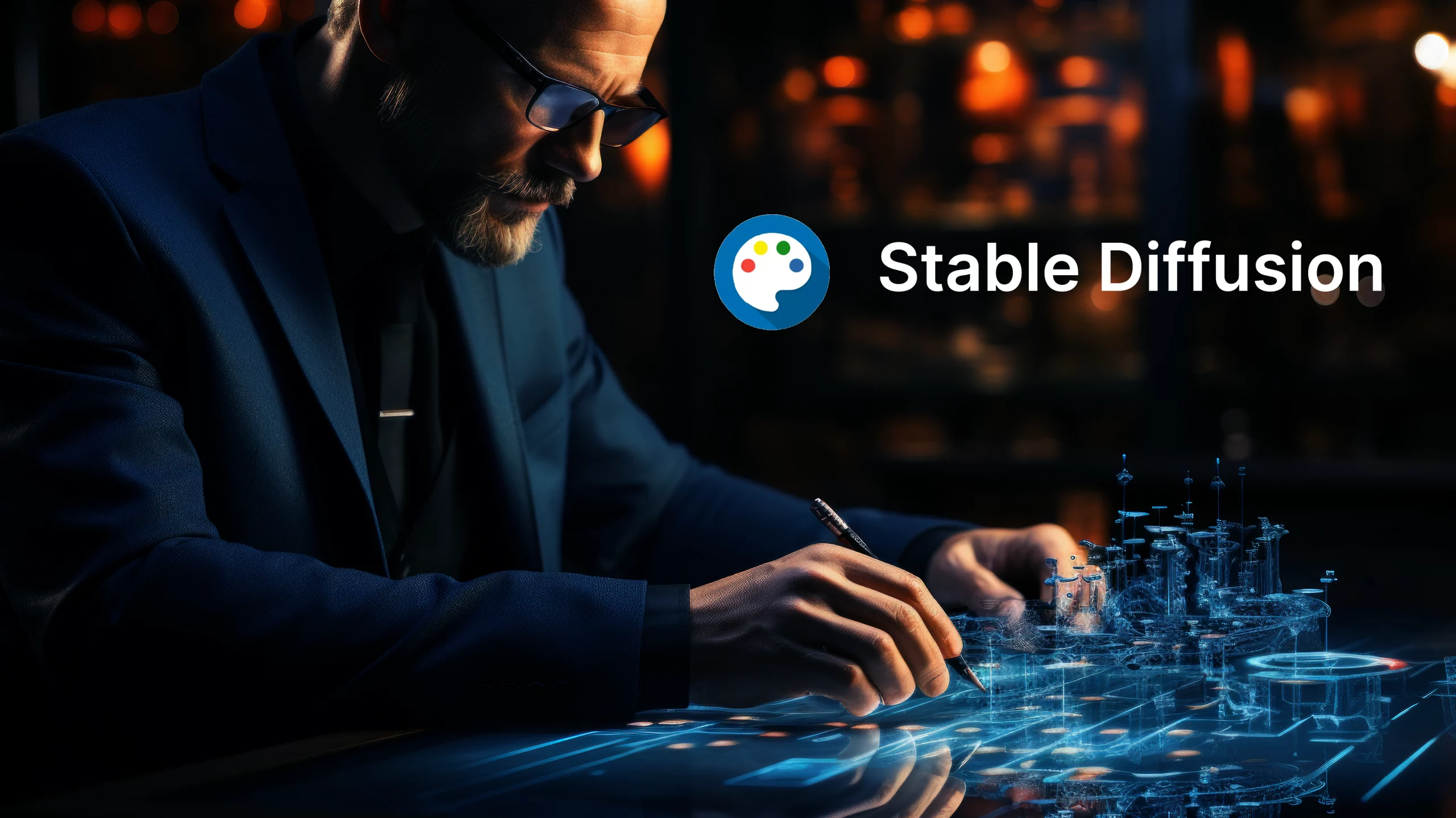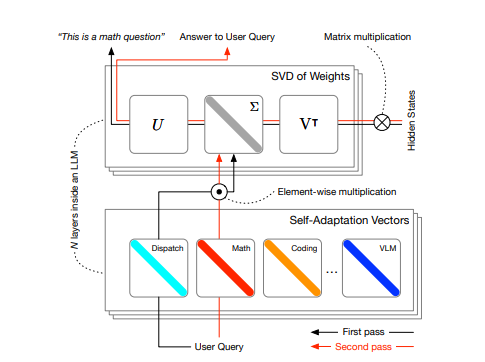Recently, Hon Hai Precision Industry Co. released its latest financial report, showing that its revenue growth exceeded market expectations, with a year-on-year increase of 15%. As a server assembly partner of the US company Nvidia, Hon Hai's revenue reached new highs driven by continued demand for artificial intelligence infrastructure. In the past three months, the company's revenue reached NT$2.13 trillion (approximately US$64.6 billion). Especially in December, the company's revenue increased by 42% year-on-year, far exceeding analysts' expectations.

Due to the rapid development of artificial intelligence technology, Hon Hai and other Taiwanese AI hardware suppliers have benefited from the huge spending on data centers by large technology companies such as Google and Microsoft. Nonetheless, the market's urgent demand for AI application scenarios has not yet fully emerged, and investors are nervous about slower growth in the future. Goldman Sachs analysts said that they have raised their 2024 profit forecast by 1% and expect revenue to grow in the next few years, especially the sales of AI servers.
Hon Hai expects revenue from its cloud business to be equal to revenue from its iPhone manufacturing business in the next few years, a sign that the company is actively seeking to diversify its business to reduce its reliance on Apple. The growth rate of Apple products has stabilized. Historically, Apple products have accounted for more than half of Hon Hai's sales. In addition, Hon Hai also plans to enter the electric vehicle market, although this area has not yet had a substantial impact on its profits.
According to media reports, Hon Hai is in contact with Renault to seek cooperation opportunities with Nissan Motor Company, but the cooperation is still in the wait-and-see stage. In addition, future market prospects and first-quarter performance forecasts may have a short-term impact on the company's stock performance.
AI courses are suitable for people who are interested in artificial intelligence technology, including but not limited to students, engineers, data scientists, developers, and professionals in AI technology.
The course content ranges from basic to advanced. Beginners can choose basic courses and gradually go into more complex algorithms and applications.
Learning AI requires a certain mathematical foundation (such as linear algebra, probability theory, calculus, etc.), as well as programming knowledge (Python is the most commonly used programming language).
You will learn the core concepts and technologies in the fields of natural language processing, computer vision, data analysis, and master the use of AI tools and frameworks for practical development.
You can work as a data scientist, machine learning engineer, AI researcher, or apply AI technology to innovate in all walks of life.







